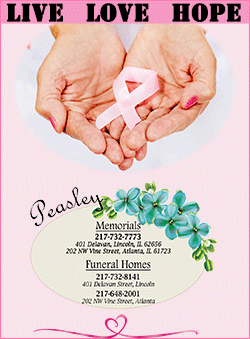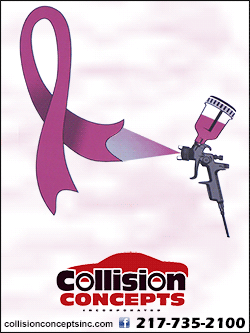|
 The findings, published in the journal Pediatrics, showed children
trained to use hand sanitizer developed fewer respiratory infections
and received fewer antibiotics than those left to follow their usual
hand-washing procedures or taught to use soap and water. The findings, published in the journal Pediatrics, showed children
trained to use hand sanitizer developed fewer respiratory infections
and received fewer antibiotics than those left to follow their usual
hand-washing procedures or taught to use soap and water.
"Schools are a good place to focus on programs promoting health, as
they provide a relatively easy and sustainable way to achieve
long-term change in the behavior of the students," Dr. Ernestina
Azor-Martinez of Distrito Sanitario Atención Primaria Almería in
Almería, Spain, the study's lead author, told Reuters Health in an
email.
The eight-month study included 911 healthy children aged three and
younger at 25 daycare centers in Spain. The centers were randomly
divided into three groups. In one group, children were taught to
wash their hands with soap and water. In another, children were
trained to use hand sanitizer under the supervision of staff or
parents. In the third group, no extra training was provided and
centers followed their usual procedures.

Parents in the hand-sanitizer group and the soap-and-water group
received supplies to use at home.
Researchers found hand sanitizer use was the most effective way to
prevent illness.
Altogether there were 5,211 episodes of respiratory infections.
Compared to children at centers that didn't get extra training,
children who used hand sanitizers were 23 percent less likely to
suffer one of these episodes and 31 percent less likely to receive
antibiotics.
Children using soap and water did better than children who didn't
get extra training but were still 21 percent more likely to suffer a
respiratory infection than kids who used hand sanitizers and 31
percent more likely to receive antibiotics.
The number of days absent due to respiratory infections was
significantly lower in the hand sanitizer group than in the other
two groups.
[to top of second column] |

Dr. Kerry-Ann O'Grady of the Institute of Health & Biomedical
Innovation at Queensland University of Technology in Australia, who
was not involved in the study, commented by email that because
parents and staff knew their group assignment, they might have
modified other behaviors, too, which would have affected the
results. Also, she noted, handwashing had to be supervised by adults
only in the sanitizer group, so the thoroughness of the wash
probably differed.
Still, she said, the results match those of previous studies and are
not surprising.
Dr. Michael Pitt of the Minnesota Masonic Children's Hospital in
Minneapolis agreed. "This was a large study and builds off previous
literature. The results are not unexpected, but rather confirm what
one would hypothesize," he said by email.
Azor-Martinez said a lack of handwashing facilities, soap and hand
tissues in schools can hinder proper hygiene. Hand sanitizer
dispensers offer a low-maintenance alternative, she said.
Pitt, who was not involved in the study, said, "Hand washing isn't
sexy science, but it saves lives."
"Many serious infections piggyback off of the common cold, ranging
from pneumonia to post-viral complications... so this type of work
goes beyond decreasing missed days of school and sniffles but
preventing serious complications of everyday viruses," he said.
O'Grady added, "The most common problem with hand hygiene studies is
what happens when the study is finished and soap/hand sanitizer is
no longer supplied and people are no longer having their hand
hygiene monitored . . . the effort to get people to wash their hands
properly and regularly is an ongoing challenge."
SOURCE: http://bit.ly/2JeXMsE Pediatrics, online October 8, 2018.
[© 2018 Thomson Reuters. All rights
reserved.] Copyright 2018 Reuters. All rights reserved. This material may not be published,
broadcast, rewritten or redistributed.
Thompson Reuters is solely responsible for this content.
 |